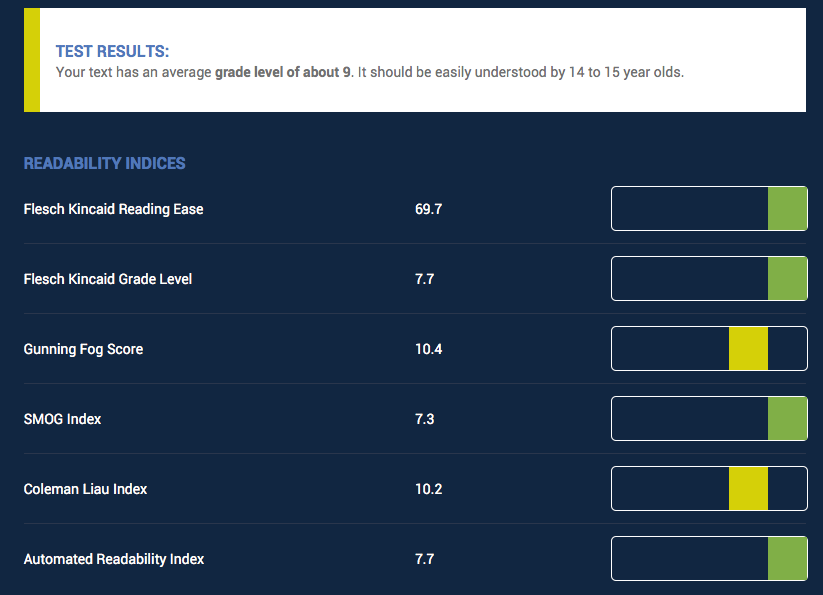When you are doing scholarly writing for university assessments, write for kind, smart Aunt Jenny.
This is not my Aunt Jenny below. It is someone on Flickr’s Aunty Jenny … and an image that I have used a few times as a persona in my presentations. Let me tell you about Aunt Jenny:
Let me tell you about Aunt Jenny:
- She is whip-smart, intelligent and understands difficult concepts the first time they are explained, if they are explained clearly and well
- She has no particular knowledge about the topic you are writing about, nor the discipline you are writing in
- In fact, she has had a kind of sheltered life and sometimes has not heard of facts and ideas that other intelligent people have.
- She is ON YOUR SIDE.
- She is non-judgmental and pretty unprejudiced, which means that she won’t automatically be supporting your biases or presumptions.
- She asks “why?” if she does not understand how you got from point a to point b; or what evidence you are using to support the point you are making.
Pretend you are both doing the drying-up together after Christmas lunch. Knowing that you are studying and wanting to show an interest, she has asked you the question that you are trying to answer in your writing.
When you write for Aunt Jenny, favour simplicity. Use concrete, direct words where you can. Use the active not the passive voice. Use short sentences.
If you use disciplinary concepts or words, use them only because they make your message clearer. Aunt Jenny has a great vocabulary of non-disciplinary words, so you should check first whether you can use plain English words that Aunt Jenny already knows. Large, uncommon words are fine, IF they are more precise and the same thing cannot be said in one or two-syllable words. If not, then you may need to use disciplinary terms or concepts. Do not use these if all they do is only make your message sound more complex or fancy.
Often the simplest and clearest word/concept will be a disciplinary-specific one. When you mention it, you can often add a lot of context around it so Aunt Jenny can work out what it means. Sometimes you have to briefly explain the term or concept the first time you use it to make sure she is on the same page.
Academics need to apologise to students for the complex, convoluted writing they produce in lecture notes, and in journal articles. We need to apologise for the mind-numbing labyrinths of tosh that we sometimes set for topic readings. These are bad examples. They give students the idea that complex, fancy-looking vague prose is scholarly. It is not. Generally, the better someone understands something, the better they are at explaining it simply.
I try to aim for Reading Age of 9 in much of my writing for university. And fail. For example, when I put most of this post through an Online Readability Calculator, it received a grade level of 9, meaning it should be understood by 14 to 15 year olds. WORD also has an option (under Proofing > show readability statistics ). When you do the grammar and spell-check on your work, try checking the reading age too.

The other thing to do, if you are not sure whether Aunt Jenny will understand what you have to say, is to read it out loud. If you stumble over the words, if you have to go back to the start of a sentence to work out where the emphasis goes in your expression, if you pause because you are not sure what you just said or how what you are reading now relates to what you just said, then rewrite. Simplify. Until Aunt Jenny would get it first time.
You may prefer to write for Uncle Jonah, cousin Jamal, the barista who makes your morning coffee … I am sure that you have met someone in your life who is an “Aunt Jenny”. It actually helps if you can picture a real person. I have been known (how embarrassing to admit it!) to imagine the real, live person who I use for this kind of thing, sitting across from me and saying out loud what I meant, as though I was talking to her. The trick is to then write it down quickly enough so that Aunt Jenny does not become impatient…
